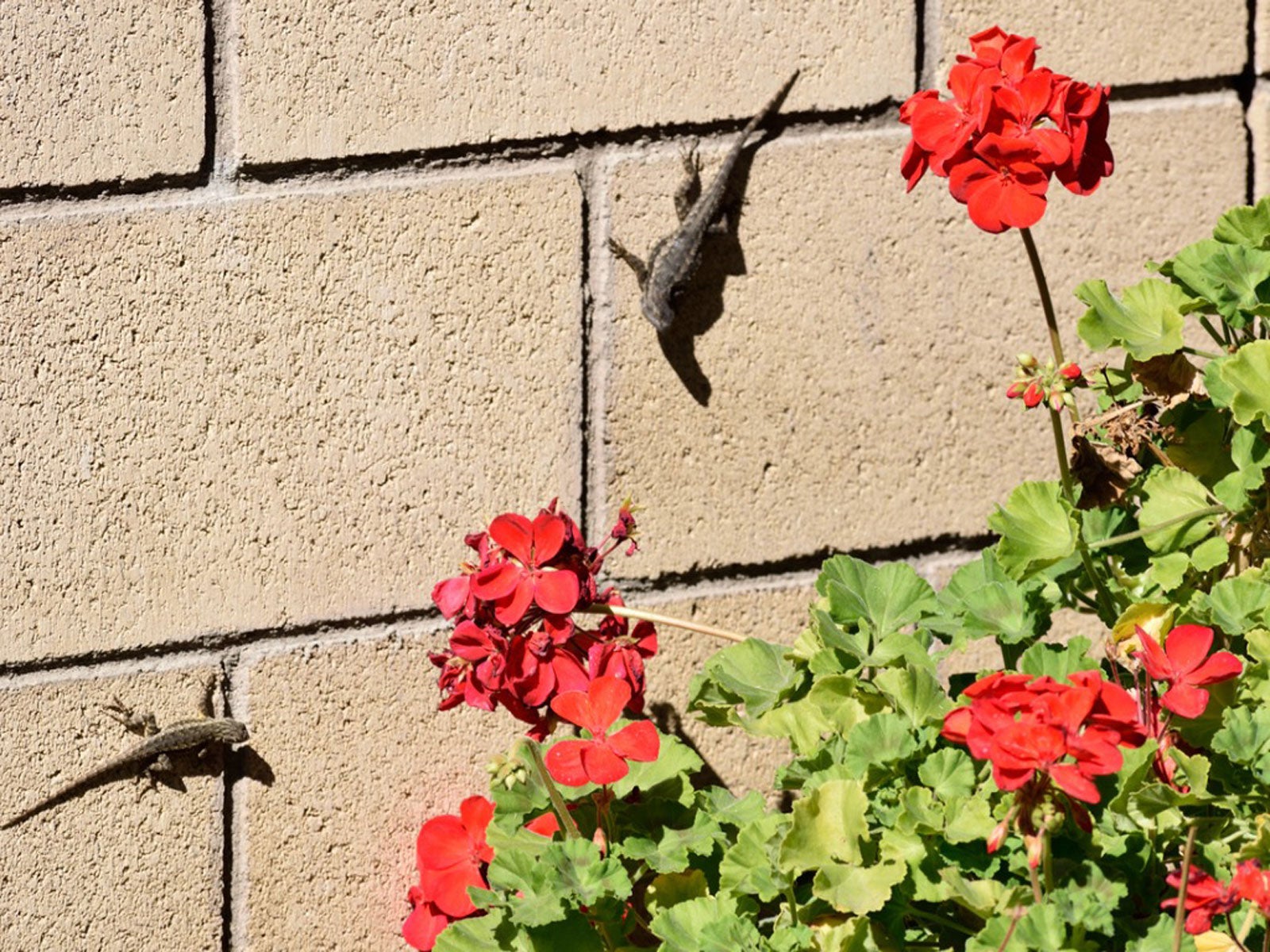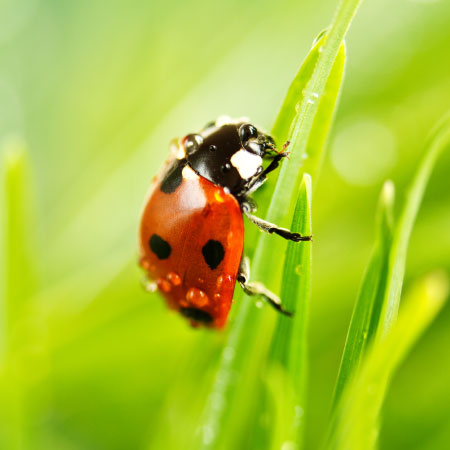Managing Lizard Populations: Tips For Getting Rid Of Lizards In Gardens


Landscapes and gardens are filled with plants and insects, and sometimes other visitors. Lizards, for example, are common in warm areas where food and cover are abundant. Although they are largely beneficial, some gardeners are concerned about getting rid of lizards, either worried they will start munching plants or that they may bite children or pets. Managing lizard populations can be a difficult task, but making the environment less comfortable for them may send these reptiles scuttling into the neighbor's hedge.
Lizard Control in Gardens
A common concern from homeowners spotting lizards in their gardens for the first time is how to keep lizards from eating garden plants and produce. The good news is that if the lizard you're seeing is a true lizard and not another type of reptile, you don't have to be concerned-- most of these animals are carnivores. Lizards appear in gardens seeking hard to control, but tasty bugs like beetles, ants, wasps, aphids, grasshoppers, and spiders. Despite their utility in the garden, some gardeners are dead set against lizards in the landscape. Discouraging lizards is the best plan for people who want them gone, since many species are protected-- killing them or taking them indoors as pets is strictly regulated.
How to Get Rid of Lizards
Even lizard haters are generally concerned about using chemicals in their gardens and may ask, “What repels lizards naturally?” The truth is, the best form of lizard control in gardens starts with removing cover and destroying insect populations. Removing debris, opening up thick bushes with low-hanging branches, and removing water sources will make the lizards' stay in the garden much less comfortable. If you go further and seal any hiding spots like the undersides of sheds and decks with hardware cloth, invading lizards will have nowhere to hide during the heat of the day. Controlling the bugs that are attracting the lizards is vital-- after all, with the lizards gone, these bugs may take over and eat your garden to ragged vegetative stubs. Some gardeners use a hot sauce spray around the perimeters of places they'd like to keep lizards from penetrating, such as houses or low-growing stands of plants, like strawberries. If you want to try this home remedy, remember to reapply frequently, since it will break down fast in the environment.
Gardening tips, videos, info and more delivered right to your inbox!
Sign up for the Gardening Know How newsletter today and receive a free copy of our e-book "How to Grow Delicious Tomatoes".

Kristi Waterworth was a regular contributor to Gardening Know How for many years, answering countless queries on plant pests and diseases.
-
 Looking For Plants To Give You The Soft And Fuzzies? Try These 5 Fuzzy Leaf Plant Options
Looking For Plants To Give You The Soft And Fuzzies? Try These 5 Fuzzy Leaf Plant OptionsLovers of texture, drama, silver foliage and tactile plants will adore these special sensory garden additions. These fuzzy leaf plant options will leave you all aglow
By Susan Albert
-
 Get Ready For A Summer Of Hummers! Grow These Full Sun Hummingbird Plants and Flowers
Get Ready For A Summer Of Hummers! Grow These Full Sun Hummingbird Plants and FlowersIf you’re lucky enough to enjoy a sunny backyard, make sure you are maxing out on your pollinator opportunities and grow these full sun hummingbird plants and flowers
By Tonya Barnett